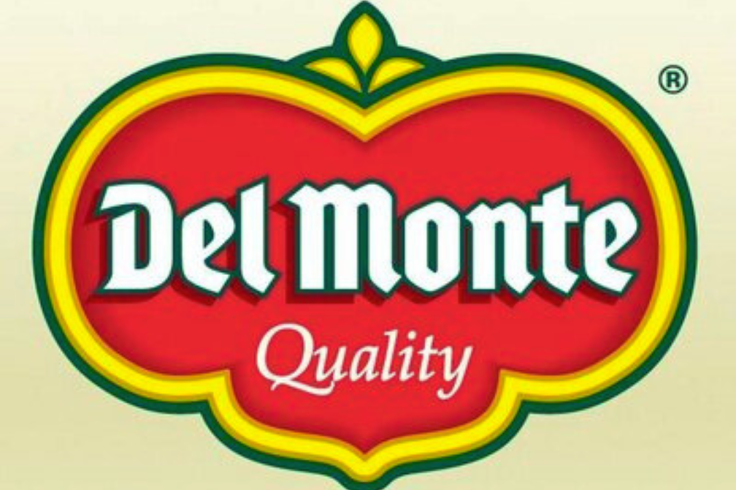Who Owns Del Monte? Supermarket Staple Files for Chapter 11 Bankruptcy and Seeks Buyer
The bankruptcy filing, announced in New Jersey's US Bankruptcy Court, aims to facilitate a court-supervised sale of all assets.

Del Monte Foods, a 138-year-old icon known for its canned fruits and vegetables, shocked the grocery world on 1 July 2025 by filing for Chapter 11 bankruptcy and announcing a search for a buyer.
With brands like Contadina tomatoes and College Inn broths, the company has been a kitchen staple for generations.
But rising debt, shifting consumer tastes, and a tough economic climate have pushed the Walnut Creek-based giant to the edge.
Navigate Ownership and Debt Woes
Del Monte Foods is a subsidiary of Del Monte Pacific Limited, a Singapore-listed company owned by the Philippines-based NutriAsia, controlled by the Campos family.
Since acquiring Del Monte Foods in 2014 for £1.3 billion ($1.7 billion), Del Monte Pacific loaded it with debt, including a controversial £580 million ($791 million) restructuring in 2024 that sparked lawsuits from lenders.
The company now faces £960 million ($1.3 billion) in secured debt, with cash interest expenses soaring from £52.8 million ($72 million) in 2020 to £100 million ($136 million) in 2025.
X posts note this debt burden, with some blaming the Campos family's financial mismanagement, though others point to broader market shifts.
The bankruptcy filing, announced in New Jersey's US Bankruptcy Court, aims to facilitate a court-supervised sale of all assets.
Adapt to Changing Consumer Tastes
Del Monte's struggles stem partly from a shift away from canned goods. Consumers increasingly favour fresh or frozen produce over preservative-laden options, leading to declining demand and surplus inventory costs, according to Debtwire's Sarah Foss.
This forced Del Monte to ramp up promotional spending to clear shelves, further straining finances.
The company's iconic green cans, once a symbol of reliability, now compete with private-label brands offering similar quality at lower prices.
CEO Greg Longstreet called the Chapter 11 filing a 'strategic step' to accelerate a turnaround, securing £730 million ($996.9 million) in financing to keep operations running during the sale process.
Despite this, X users highlight the challenge of reviving an 'old, tired brand' lacking innovation.
Secure Operations Amid Sale Process
Del Monte's bankruptcy plan includes a restructuring agreement with lenders, ensuring £132 million ($180 million) in additional cash to fund operations through the peak canning season.
The company, which began in 1886 and once ran the world's largest fruit and vegetable cannery in San Francisco by 1909, insists its non-US subsidiaries are unaffected and will operate normally.
Recent closures, like its Yakima, Washington facility, impacting 51 jobs by August 2025, signal cost-cutting efforts.
While Trump's tariff policies threaten food price hikes, Del Monte's 95% U.S.-produced goods may cushion some impacts, though X posts debate whether tariffs or mismanagement are the bigger culprit.
The sale process aims to find a buyer to preserve Del Monte's legacy.
Del Monte's Future Hangs in Balance
Del Monte Foods, owned by Del Monte Pacific, faces a pivotal moment as it enters Chapter 11 with hopes of finding a buyer to revive its storied brand.
Crippled by debt and a shift away from canned foods, the company is betting on a court-supervised sale to secure its future.
With £730 ($996) million in financing to stay afloat, Del Monte's operations continue, but its ability to adapt to modern tastes and navigate economic pressures will determine its fate.
For now, this supermarket staple is fighting to survive, but its next chapter depends on finding the right buyer.
© Copyright IBTimes 2025. All rights reserved.





















